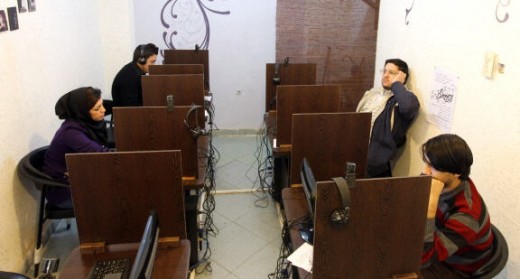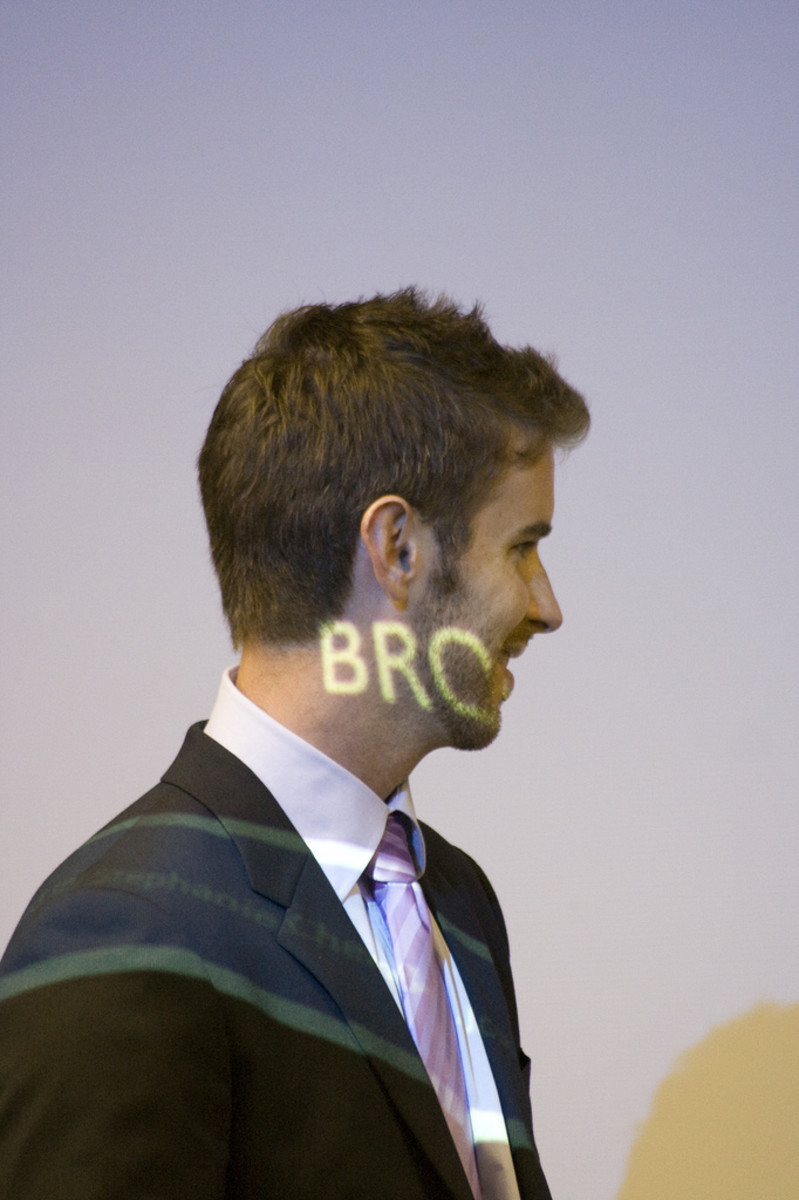Iran's Internet War on Iranians: A Virtual Assault

Now that that latest sanction has hit, the cut off from SWIFT, the international banking system of electronic payments, Iran will face more difficulty. But for its citizens and the more than 30 million under age 35, the war has been happening in cyberspace and the battleground are Internet Cafes.
The Green Revolution of 2009, the demonstrations, which turned violent, were largely coordinated using Twitter and Facebook. The Arab Spring uprisings last year also served as a warning to the Iranian government. Most of its users were under under 30 or less. Both situations made Iran very nervous and cognizant of the power of the Internet. Thus, on March 7th, 2012, Iran's Internet regulatory agency, created the new, Halal, network and cut off the BBC site and its affiliates that were allowed on March 15. Iran's new network will not have any immoral content and heavily controlled. The regime has blocked access to Facebook since the June 2009 protests. The regime is also blocking access to Twitter and FB. To replace the popular Google search engine, iran will provide its own service called “Yahaq,” meaning “Oh Lord” in Farsi. I doubt if this will be half as good. Since Iran considers that the Internet is being used for nefarious activities against the current regime, in January 2012, all Internet Cafes must have surveillance cameras in them, must track all surfing done by whoever uses the computer for six months, and users are required to provide a national ID number, their address, and their father’s name.
Yet, the Internet war is already heating up with resistance. Smart users have already found ways around it by using VPN (Virtual Private Networks and Ultrasoft, a program used by Chinese to evade their own censors in China. By using these, Iranians can still access FB and Twitter uncensored. Another tool is TOR, which is still in development to some extent that allows users to use the web anonymously by using the world's network of proxy servers that "camouflage" real identities and IP addresses. The US and Britain are also playing in the cyber warfare. The US has its, USAdarFarsi, which Iranians can use to get to Twitter feeds. It has 9700 followers. Even Twitter itself is helping those whose languages are right to left (Farsi, for one) by introducing a Twitter for them.
Iran will not totally cut the Internet cord to the world because much of its income does arrive via the same Internet. However, they are making sure there is not another Green Revolution being spurred by Twitter and FB and in this respect, they are winning the virtual Internet war.



